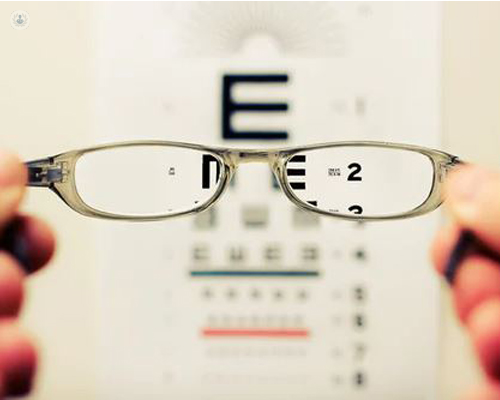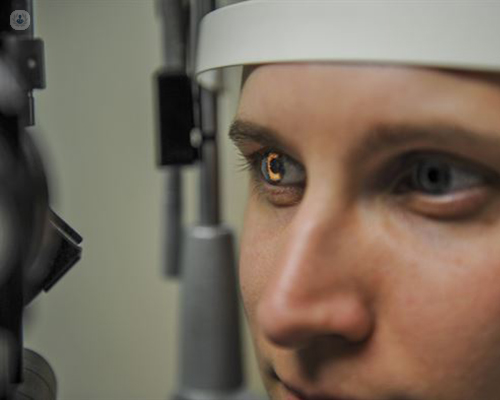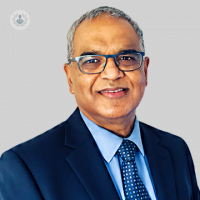Cataract surgery basics: what you need to know
Written by:Cataracts affect many people, especially as they get older. Nearly half the people in the UK will have cataracts at the age of 65 and older; but it is common in younger people, as well. Mr Sivanandy Nagendran, an ophthalmologist and cataract specialist, answers questions about cataract surgery and discusses related important information.
What is a cataract?
We are born with a crystal-clear lens inside our eye. This lies just behind the iris and pupil. This lens functions like a camera lens and focuses the external images on to the retina. When this lens becomes cloudy it is called a cataract. Ageing is the most common cause of cataracts. The other causes are trauma, diabetes, previous eye surgery, inflammation, and medications such as steroids.
When shall I have the cataract surgery?
Cataracts can be removed at any stage. You should consider having surgery when the symptoms caused by cataracts affects your quality of life. They include blurred vision, excessive glare, or double vision. These problems can make it hard to read, appreciate colours, work on a computer, watch television, drive, and do anything else that calls for clear eyesight. Driving in low light may become difficult and if vision is affected in both eyes, then it could lead to vision level dropping below the legal standard for driving.
If you have any other eye conditions requiring a clear view of the retina, such as glaucoma and diabetic eye disease, then you should consider having the surgery earlier.
Are there any alternatives?
Surgery is usually recommended when the reduced vision is interfering with your daily activities or lifestyle. There are no proven drops to dissolve the cataract. If untreated, the cataract will grow very gradually and ultimately leads to more loss of visual function. There are significant complications associated with removal of more advanced cataracts. If you do not have a problem with your vision or do not wish to have surgery for cataract then, it can in most cases be left alone after discussion with your ophthalmologist or optometrist.
What are the benefits and disadvantages of cataract surgery?
Cataract surgery is one of the most successful and rewarding procedures with more than 95 per cent of people noticing an improvement of vision. Millions of people undergo cataract surgery everywhere in the world. Once the cataract is removed you should be able to see more clearly and your colour perception may also improve. But, as with any other surgery, cataract removal is also associated with risks and complications. However, they are very rare.

Do I need spectacles after cataract surgery?
Your own natural lens, which helps you focus, is removed during the operation and is usually replaced with a clear plastic lens implant. During the initial assessment the cataract team will discuss with you whether you want to have better focus for close vision or for distance vision without glasses. The majority of patients choose to aim for good distance vision after the operation, however, many people still require glasses for fine focusing in the distance, and it is usual to need reading glasses.
If you choose to aim for better close vision without glasses, then glasses with more power to focus in the distance will be required. In either case you should expect to wear some glasses for distance and/or for close vision.
Mr Sivanandy Nagendran is a leading consultant ophthalmologist with over 35 years of experience. You can book a consultation via his Top Doctors profile.



